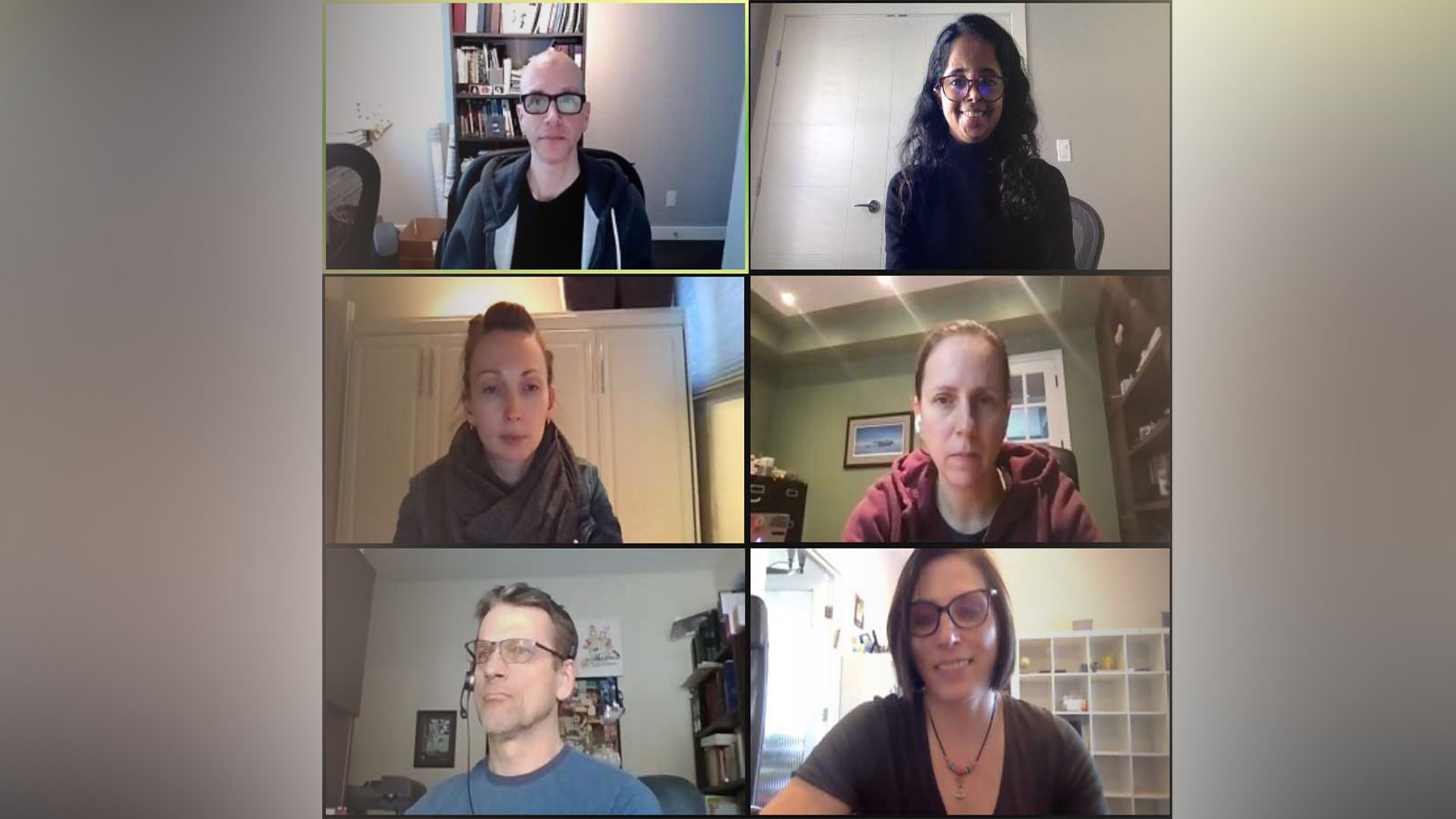Research
Writing accountability group produces results for department faculty
Tamara Vineberg - 23 February 2021

There is peer support now available in the department. Daniah Basodan, assistant professor in the Division of Pediatric Rheumatology, started a Pediatrics Writing Accountability Group. “I started thinking about my writing productivity in the spring of 2020. I had been working for a year in the department, and the clinical, teaching and administrative duties were increasing. I had some research projects that I needed to write, and a to-do list heavily weighted toward my clinical responsibilities,” says Basodan.
While she tried to find free time to write, it was a challenge. She reached out to her colleagues for advice and researched solutions. “I learned that even though we all recognize the importance of academic writing, many of us struggle to integrate it into our daily practice,” she says.
Basodan was inspired by similar work by Kimberly Skarupski, associate professor of medicine, at Johns Hopkins University, who started a popular writing accountability group initiative. This project increased members’ scholarly productivity by setting achievable goals, and cultivating a sense of accountability. She started the group to create a shared environment where members can hold each other responsible in a supportive peer-to-peer setting.
The Department of Pediatrics group meets virtually weekly for an hour for 10 weeks. In the first 15 minutes, everyone shares their personal writing goal for the meeting. They allocate the following 30 minutes for writing on individual projects and turn off their microphones. In the last 15 minutes, they ask each other questions or discuss the challenges of research and writing. At the end of the session, each member sets their target for the coming week and the next meeting.
Breaking down the writing process into small achievable daily goals is key to the success for the group. “We hold each other accountable to meet our personal writing goals. It’s also an opportunity to build professional and personal relationships, particularly during the pandemic. I have been writing more often since we started the group and the group members noted that they are putting more effort during the week to dedicate time for research,” says Basodan.
The group is open to all faculty members in the department. Watch for an announcement in April or May to sign up for the next session.